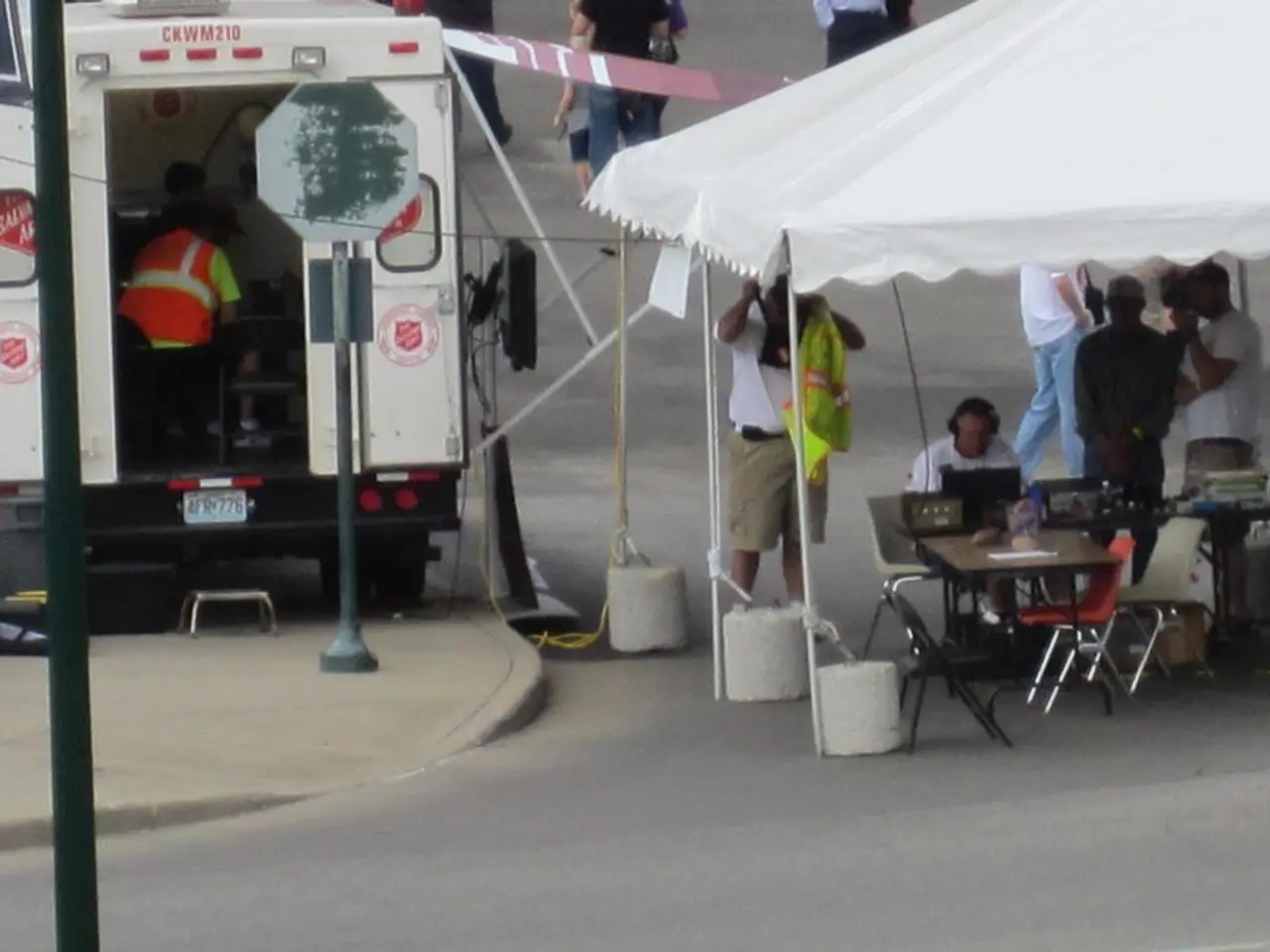Germany's flood disaster in the Ahr Valley is once more admitted by Schweitzer as mistakes were made. - Again, Schweitzer acknowledges the nation's error in managing the flood crisis
In the aftermath of the catastrophic Ahr Valley flood of July 2021, the state of Rhineland-Palatinate has admitted to shortcomings in its disaster response. Alexander Schweitzer, the current Minister-President of Rhineland-Palatinate, has publicly acknowledged the state's failures, which included inadequate early warning systems, poor communication, and insufficient preparedness for the scale of the disaster.
The disaster, which claimed the lives of 136 people and caused widespread destruction, was the largest natural disaster in the history of Rhineland-Palatinate. In an interview with the German Press Agency in Mainz, Schweitzer did not use the word "apology," but he has thoroughly examined the issue and formulated his findings after conversations with those affected and actors in the Ahr Valley.
Following the disaster, Rhineland-Palatinate undertook several reforms to improve disaster management. These steps reflect a comprehensive approach to address the flaws identified during the Ahr flood event, aiming to reduce vulnerability and improve resilience against future disasters.
- **Enhancement of Early Warning Systems:** Investments were made to upgrade flood warning technologies to provide more timely and effective alerts to residents. - **Improved Coordination:** Better integration and communication channels were established among emergency services, local governments, and the public to facilitate faster, coordinated responses during emergencies. - **Infrastructure Reinforcement:** Measures were taken to strengthen flood defenses and critical infrastructure to withstand future extreme weather events. - **Public Awareness and Preparedness Programs:** The state increased efforts to educate the public about disaster risks and response actions.
Schweitzer will visit the trauma support center in the Ahr Valley and attend a memorial event and an ecumenical service in the Kurpark of Bad Neuenahr. The opposition in the state and the people in the Ahr Valley continue to demand an apology from the state government regarding the disaster.
Jürgen Pföhler, the former district administrator of Rhineland-Palatinate, faces disciplinary proceedings due to his actions during the Ahr Flood, which may result in the loss of part of his pension. Malu Dreyer, the SPD leader at the time of the Ahr Flood, was also in office during the disaster.
These reforms are significant steps towards ensuring that the state is better prepared to respond to future disasters. For more detailed or updated information, it is recommended to consult official Rhineland-Palatinate government statements or recent news reports on disaster management reforms in the area.
The EC countries, through their policy-and-legislation, have expressed their concern over the events in Rhineland-Palatinate and have emphasized the importance of improvements in disaster management. In the realm of politics and general news, the question of whether the state government will issue an official apology continues to be a topic of discussion.
The reforms implemented by Rhineland-Palatinate, including the enhancement of early warning systems, improved coordination, infrastructure reinforcement, and public awareness and preparedness programs, are being closely watched by interested parties as they may set a precedent for future disaster management policies across EC countries.






